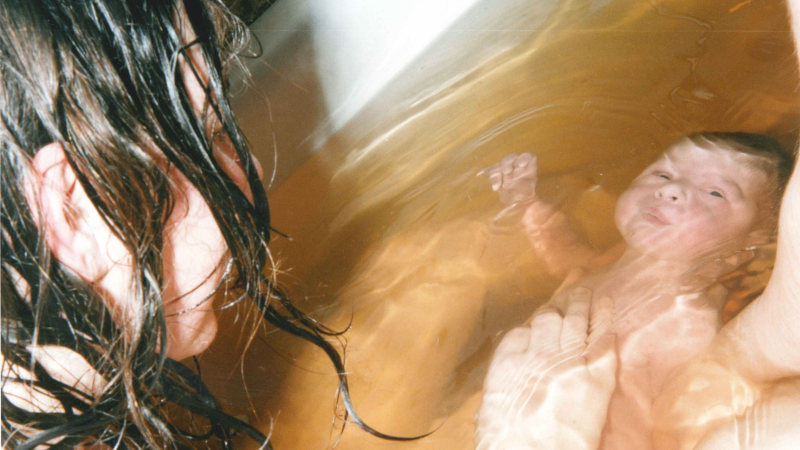Labouring or giving birth in water provides clear benefits for healthy mothers and their babies

New analysis of research shows using a birth pool during labour provides “clear benefits” for healthy mums and their newborn, with less intervention and fewer complications during and after birth when compared to labouring and giving birth on land.
Mothers also report higher levels of satisfaction with their birth experience.
Dr Ethel Burns of Oxford Brookes University Faculty of Health and Life Sciences led a team of researchers, working with Dr Claire Feeley (Oxford Brookes), Dr Priscilla Hall (Emory University, USA) and Dr Jennifer Vanderlaan (University of Nevada, USA). The research looking at 157,546 sets of mothers and babies was published today, in the journal BMJ Open .
What is water immersion during labour?
Water immersion in a birth pool during labour and birth can be divided into two distinct but overlapping categories. Some women may choose to leave a birth pool before giving birth, and others remain in the birth pool to give birth. The researchers wanted to compare healthcare interventions during labour and birth between water birth, labouring in water, and standard care with no water immersion.
The research which was reviewed as part of the study included a broad range of interventions and outcomes. These included things like what drugs were given to ease pain, the health of the baby at birth, loss of blood after the baby was born and the condition of mother and baby.
Low tech care option
Dr Ethel Burns, Senior Midwifery Lecturer at Oxford Brookes University said: ”This research shows that it is just as safe for healthy mothers to give birth in water as on land and that there are considerable benefits for mothers who choose to labour in a birthing pool. Water immersion is an effective method to reduce pain in making it a low-tech way to improve care quality and mothers’ satisfaction with care”.
The authors recommended that future research should include factors that are known to influence interventions and outcomes during and after labour or birth such as how many children a woman has already had, where she gives birth, who looks after her, and the care she receives.
